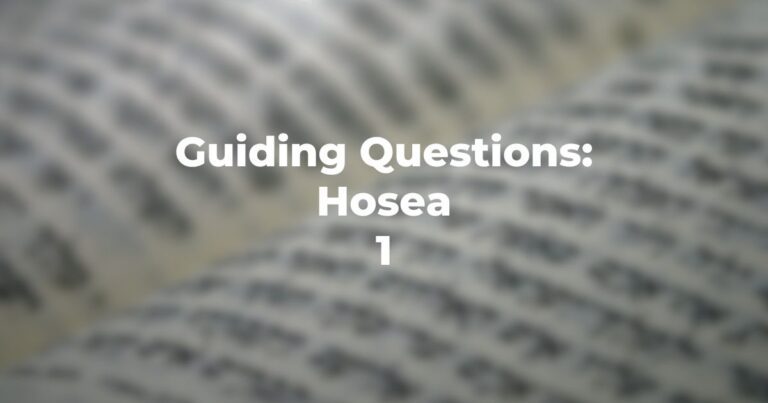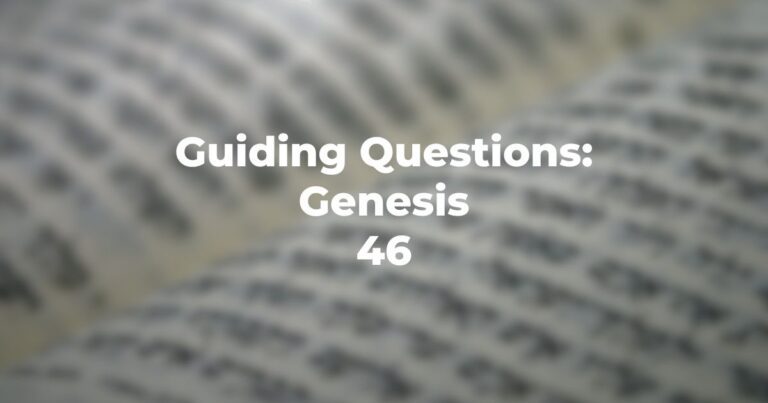- Is the symbolism of the 12 stones directed toward history or toward performance mandate (there were 12 stones which were prominent in the closing chapters of D’varim as well)?
- Joshua 4:14 synopsizes the experience. Does it stress the miraculous or does it stress the impact upon the “leadership”? And, the verb construct “Va’yiru” can be translated either as “feared? or “were in aweof.” Would this make any difference in terms of the relationship to Joshua?
- What is the tenth day of the first month?
- The verses beginning with Joshua 4:20 indicate the avowed significance of the “12 stones” and show a relationship with the earlier “water experience” — and indicate Who is the Hero, in the final analysis.
Author
-

Exploring Judaism is the digital home for Conservative/Masorti Judaism, embracing the beauty and complexity of Judaism, and our personal search for meaning, learning, and connecting. Our goal is to create content based on three core framing: Meaning-Making (Why?), Practical Living (How?), and Explainers (What?).
View all posts





